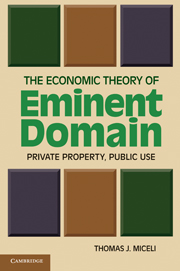Prof. Prakash’s research on “The Returns to English Language Skills in India” was recently cited by Dr. Sanjaya Baru at The Business Standard on 15th August, 2011 (this day also happens to be the Independence Day for India).
Dr Sanjaya Baru is the Editor of a leading financial newspaper in India, The Business Standard. From May 2004 until August 2008 he was the Official Spokesman and Media Advisor to the Prime Minister of India. Prior to his official appointment, he was the Chief Editor of The Financial Express. He has also been the Associate Editor of The Economic Times and The Times of India. He is one of India’s most respected and influential commentators on political and economic issues.
Dr Sanjaya Baru has been a Professor at the Indian Council for Research on International Economic Relations in New Delhi, and a Member of India’s National Security Advisory Board in the Prime Minister’s Office. He is the author of Strategic Consequences of India’s Economic Performance, which was launched in the UK at the IISS in April 2007, and The Political Economy of Indian Sugar (1990). He has also published extensively on economic and strategic policy in India and abroad.
In this research work, Prof. Prakash with his co-authors (Prof. Chin at University of Houston and Dr. Azam at The World Bank) find that being fluent in English (compared to not speaking any English) increases hourly wages of men by 34%, which is as much as the return to completing secondary school and half as much as the return to completing a Bachelor’s degree. Being able to speak a little English significantly increases male hourly wages 13%. They find considerable heterogeneity in returns to English. More experienced and more educated workers receive higher returns to English. The complementarity between English skills and education appears to have strengthened over time. Only the more educated among young workers earn a premium for English skill, whereas older workers across all education groups do.
